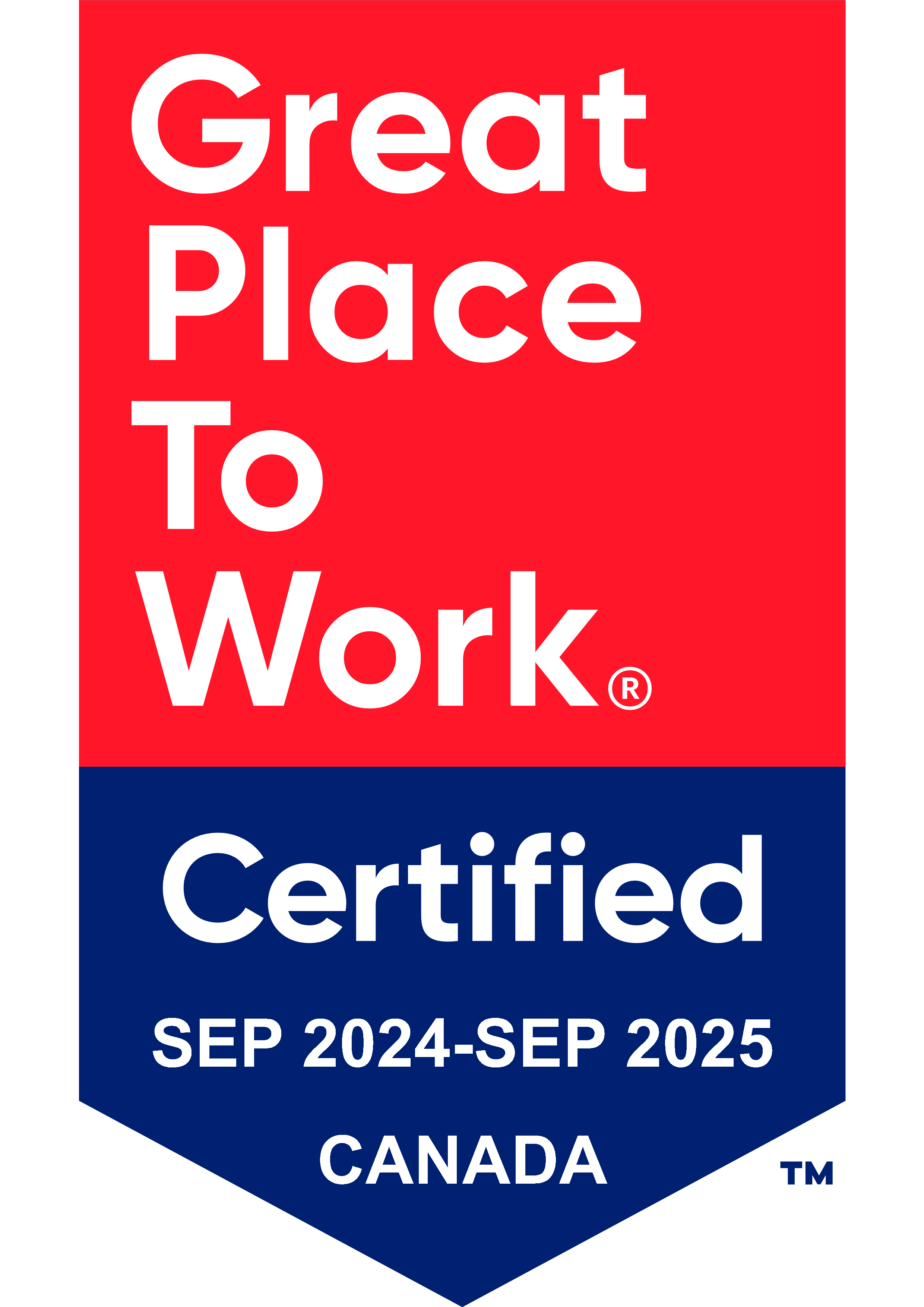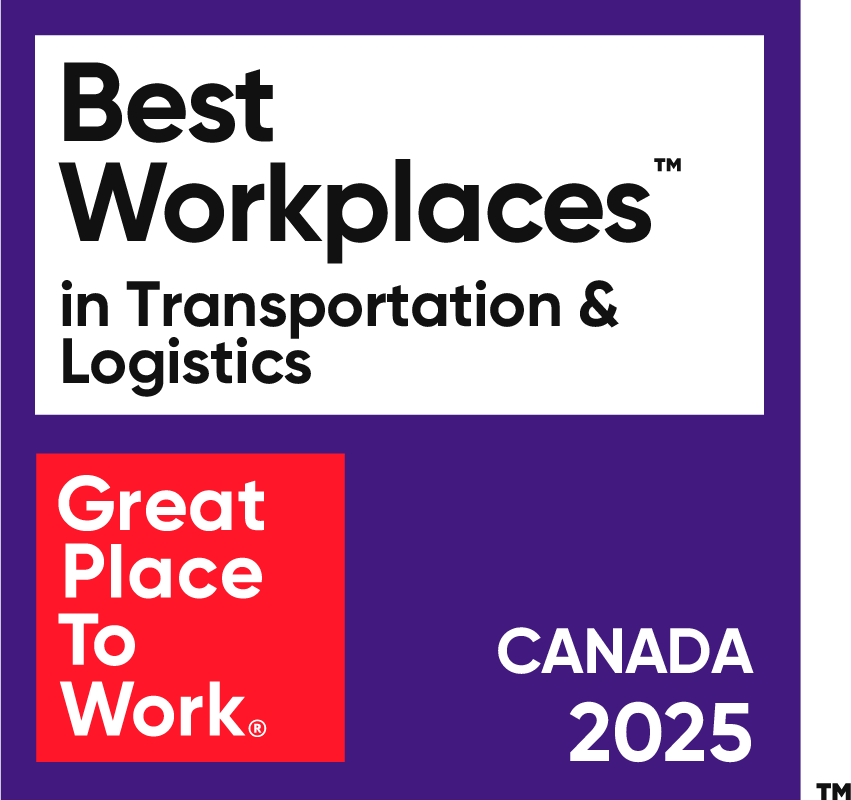Canada plans 25% tariffs on U.S. vehicles, calling recent American trade actions unjustified. Analysts warn U.S. tariffs could slow global growth and strain Canadian exporters. Domestic apparel brands face rising costs due to steep duties on Asian-made garments. As of May 2, the U.S. will revoke the de minimis exemption for most Chinese and Hong Kong goods. Meanwhile, Hudson’s Bay saw a 33% sales drop and a 50% e-commerce decline in 2024, preceding its bankruptcy filing.
Canada Retaliates with 25% Tariffs on U.S. Auto Imports
Canada will impose 25% tariffs on U.S. vehicles in response to new American trade measures, which Prime Minister Mark Carney called “unjustified.” The tariffs apply to non-CUSMA-compliant vehicles and foreign content in compliant models. Revenue will support Canadian auto workers.
Source: Inside Logistics
U.S. Tariffs Slow Global Growth, Threaten Canadian Exports
The Conference Board of Canada warns U.S. tariffs will slow global growth and pressure Canadian exporters. While Canada avoided the harshest penalties, weaker demand and ongoing trade tensions will still hurt key sectors. U.S. tariffs are expected to drive inflation and stall growth. Canada plans matching tariffs and urges trade diversification to manage the rising risks.
Source: Retail Insider
Canadian Fashion Brands Struggle with U.S. Tariff Fallout
Canadian apparel brands face setbacks from steep U.S. tariffs on Asian-made garments. Though not directly targeted, many produce overseas and rely on U.S. sales, putting profits at risk. Retailers like Aritzia and Lululemon have seen stock dips, while smaller brands reconsider U.S. expansion. With supply chain shifts proving tough, many are eyeing Canada, Europe, and Australia.
Source: CBC
U.S. Ends Duty-Free Imports from China on May 2
Starting May 2, the U.S. will remove the de minimis exemption for most goods from China and Hong Kong, applying full duties or flat fees. The rule, which allowed packages under $800 duty-free, helped brands like Shein and Temu ship cheaply to U.S. buyers. The policy targets deceptive shipping and contraband, but complicates logistics for low-cost Asian imports.
Source: Retail Dive
Memo Reveals Hudson’s Bay Sales Collapse Before Bankruptcy
A leaked memo shows Hudson’s Bay saw a 33% drop in total sales and a 50% plunge in e-commerce in 2024—just before its March 2025 bankruptcy. The decline stemmed from store neglect, broken logistics, poor service, leadership churn, and slashed marketing. Failed Zellers pop-ups and weak private labels worsened losses. Experts say a turnaround would need major investment and new leadership.
Source: Retail Insider
Are your logistics requirements being effectively addressed? As we head into 2025 let’s explore your eCommerce fulfillment strategies. You can book a brief call with our team of seasoned logistics professionals to evaluate your needs and formulate a customized plan to propel your business forward.
For quick and easy scheduling, here’s a link to my full calendar.





